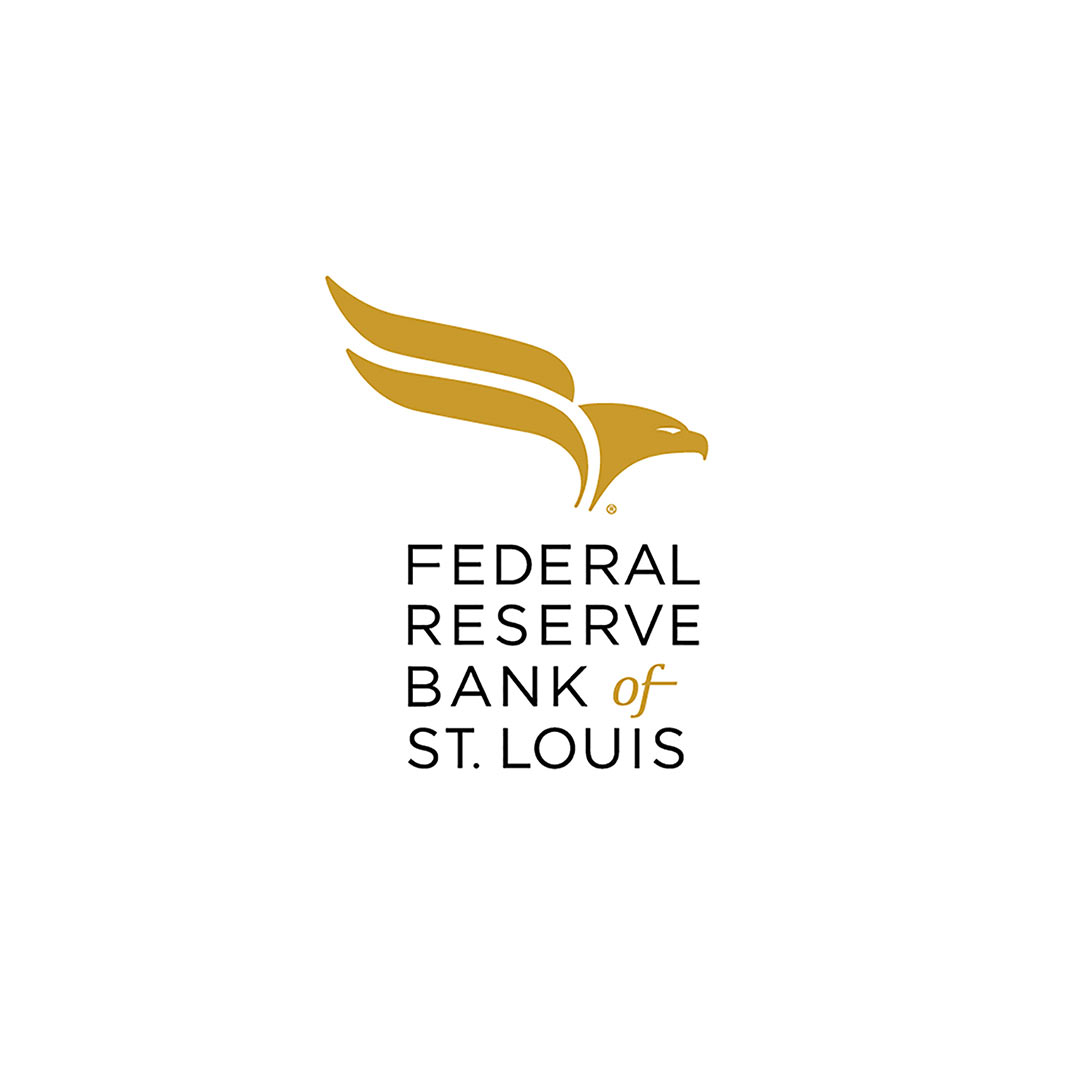medi
DP Veteran
- Joined
- Jan 13, 2023
- Messages
- 2,784
- Reaction score
- 1,036
- Gender
- Undisclosed
- Political Leaning
- Undisclosed
I will present this thought process to this community before I begin any formal studying and then the keeping of the subsequent notes.
I am beginning to wonder when the citizens of a nation are mature enough in understanding the business of money to then be given a substantial amount of power over the business of money, in the form of a fourth branch of government --- SCOTUS; Executive; Congress; Money.
Of course, that is very crude at this stage --- just using the title "Money" but that can be fixed later.
You see, folks, it becoming clearer and clearer to me that money is where we may very well be in peril. We citizens are learning more and more about how all this business of money works and we are not gaining any extra control over that money, even though we are gaining that knowledge. Maybe it is time to consider changing that.
But how?
I am beginning to wonder when the citizens of a nation are mature enough in understanding the business of money to then be given a substantial amount of power over the business of money, in the form of a fourth branch of government --- SCOTUS; Executive; Congress; Money.
Of course, that is very crude at this stage --- just using the title "Money" but that can be fixed later.
You see, folks, it becoming clearer and clearer to me that money is where we may very well be in peril. We citizens are learning more and more about how all this business of money works and we are not gaining any extra control over that money, even though we are gaining that knowledge. Maybe it is time to consider changing that.
But how?

